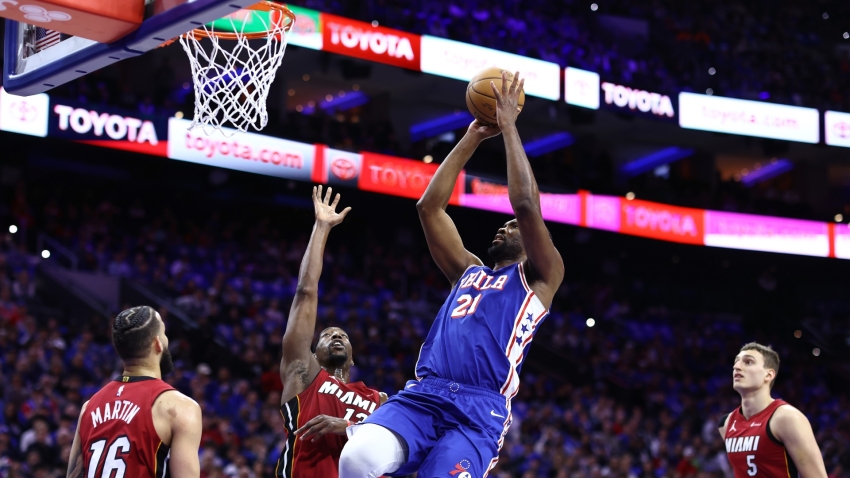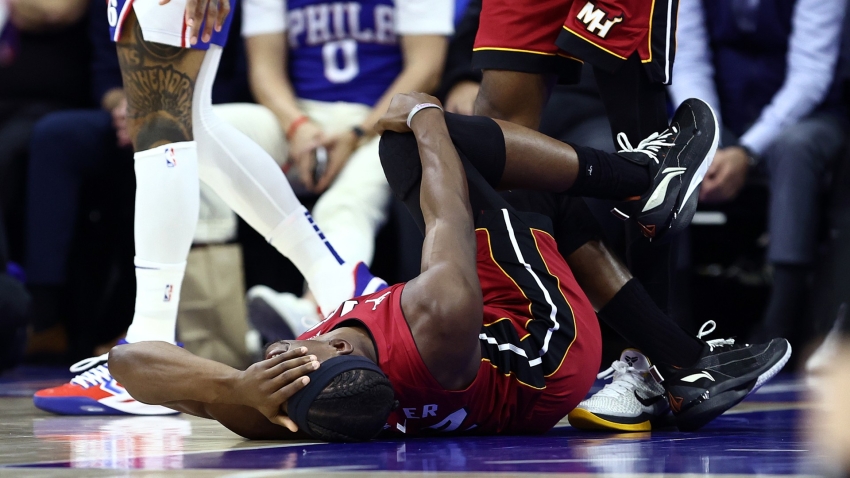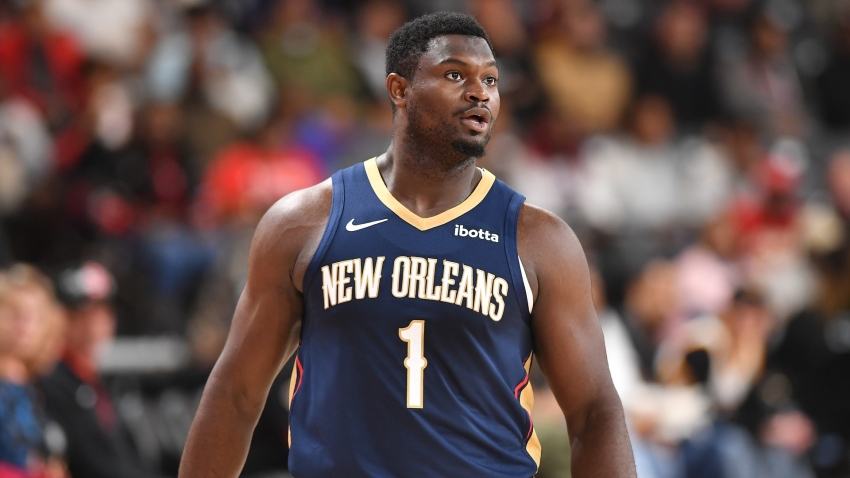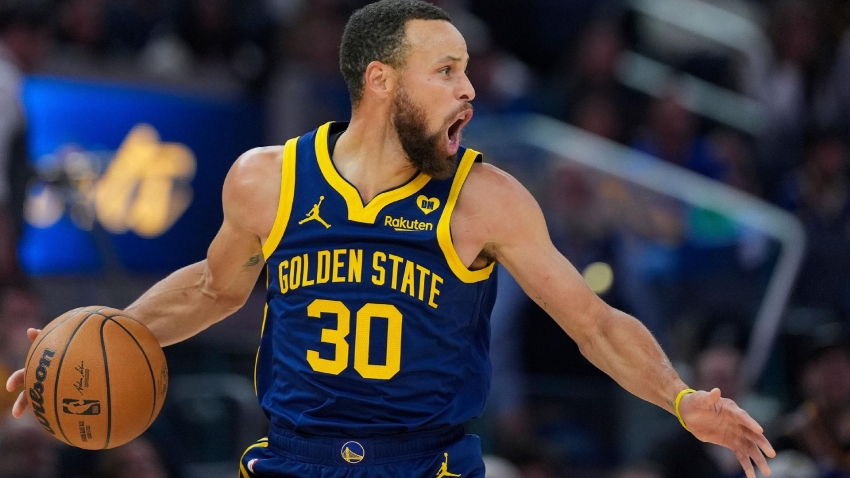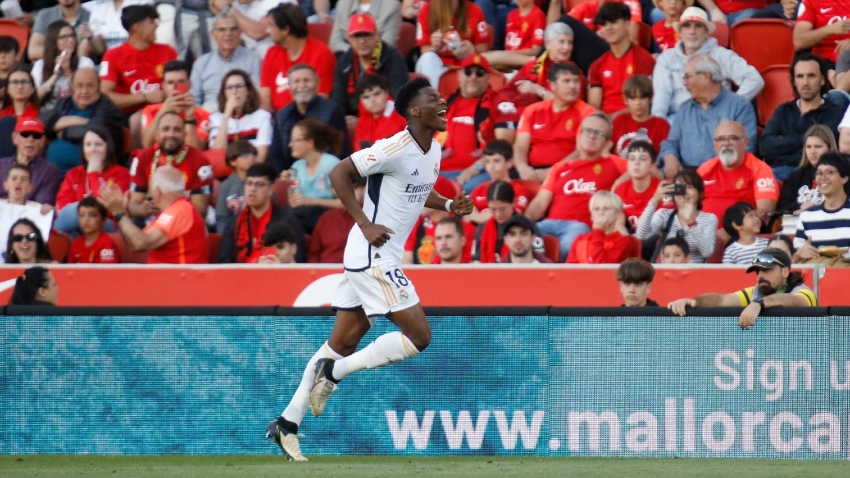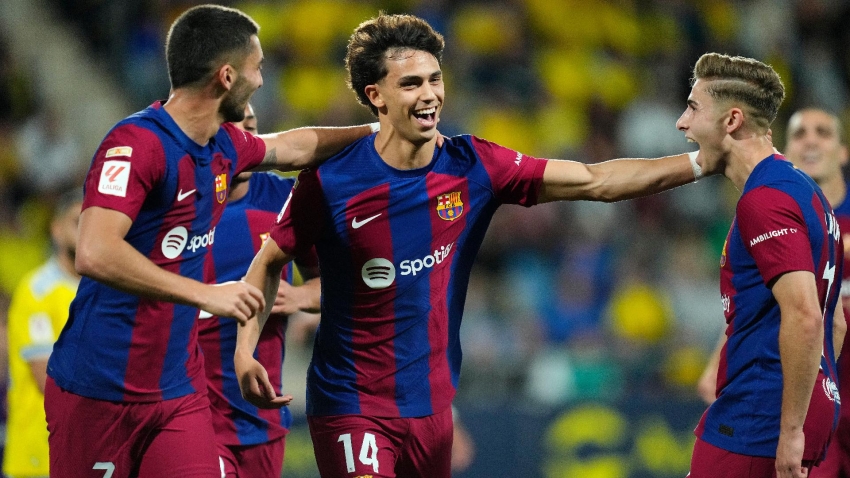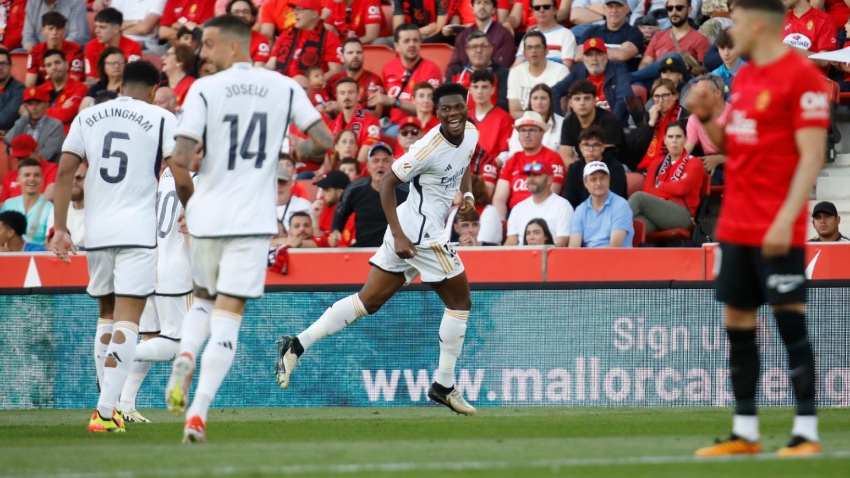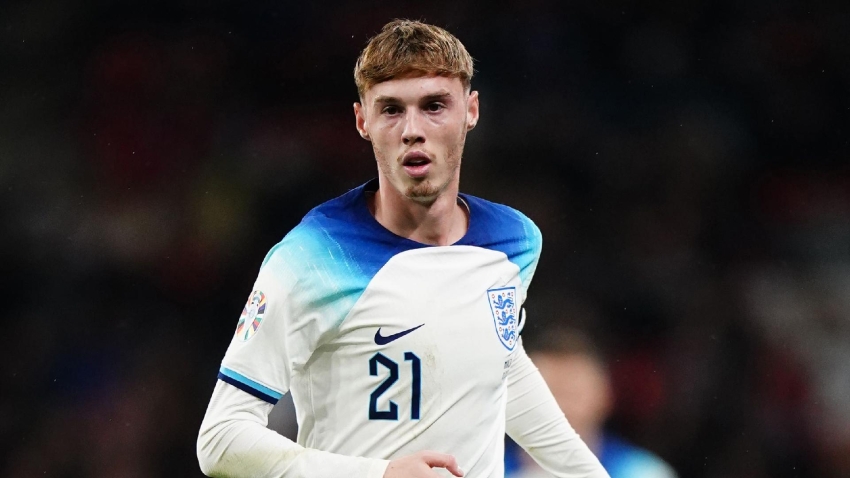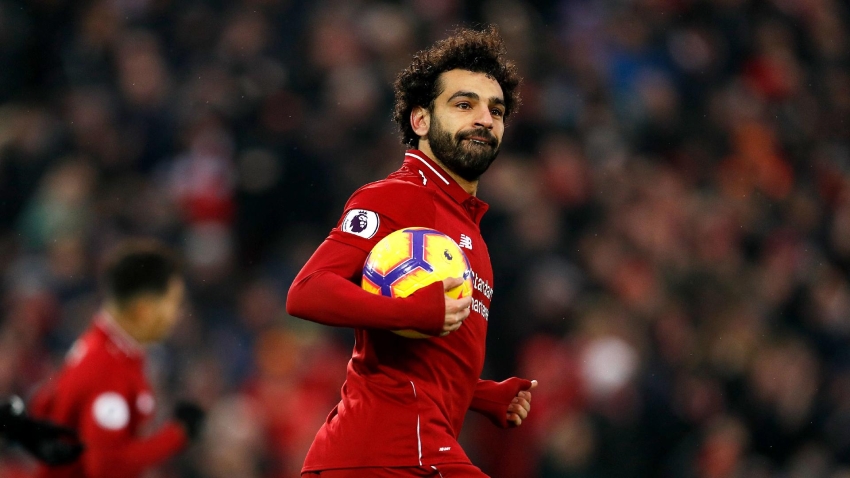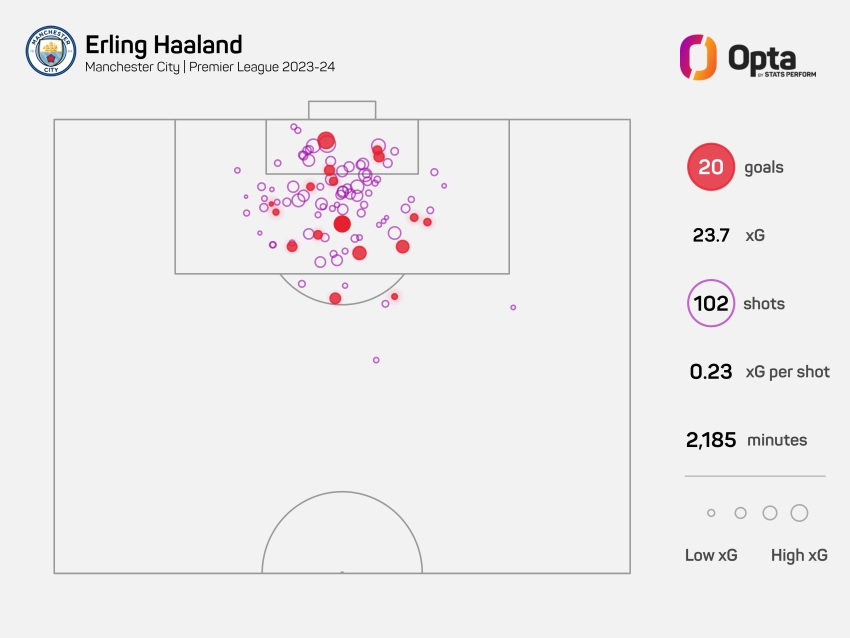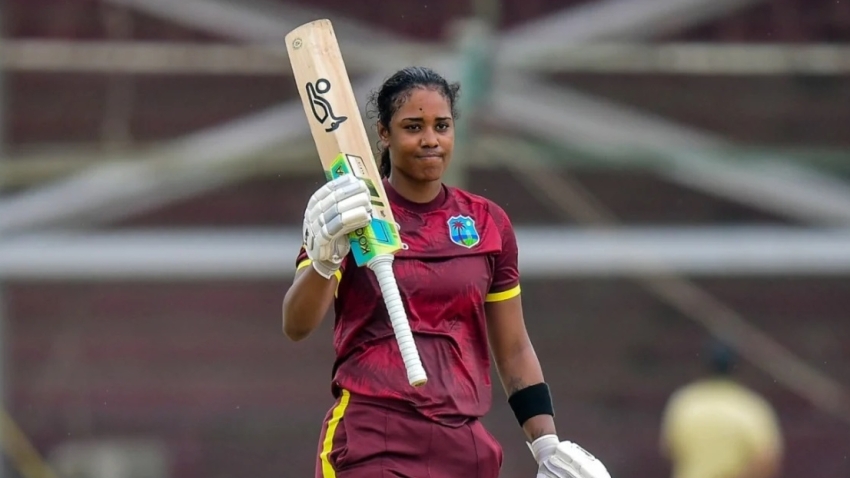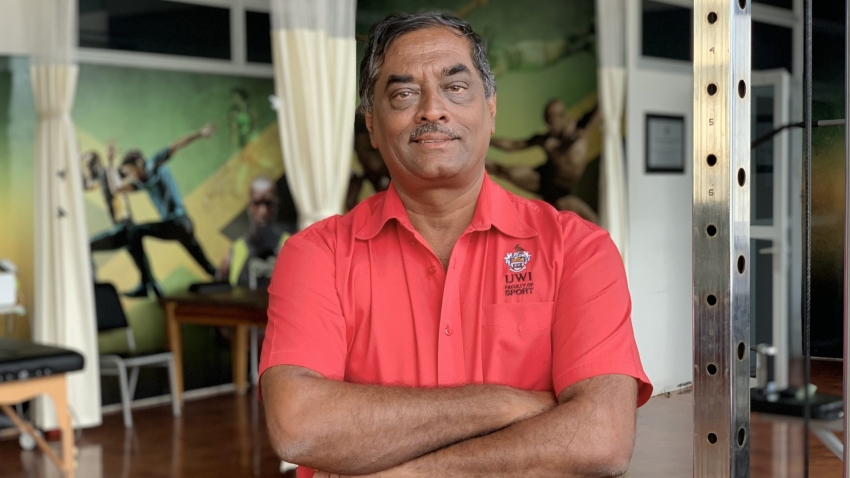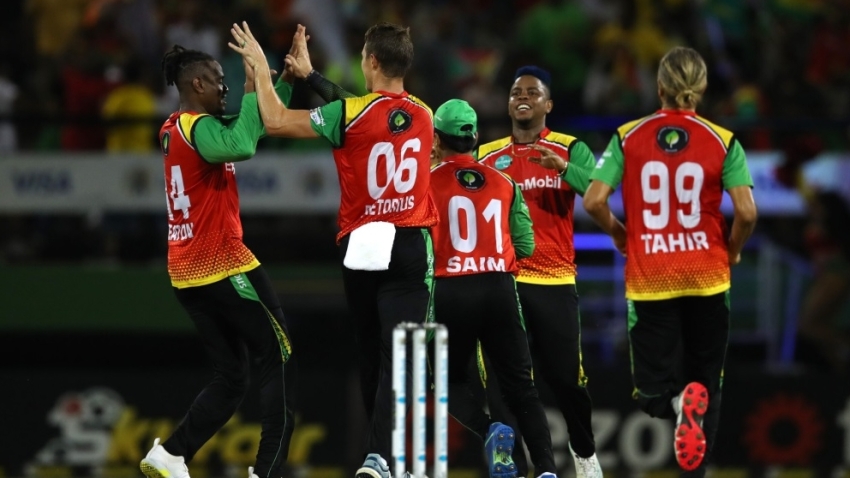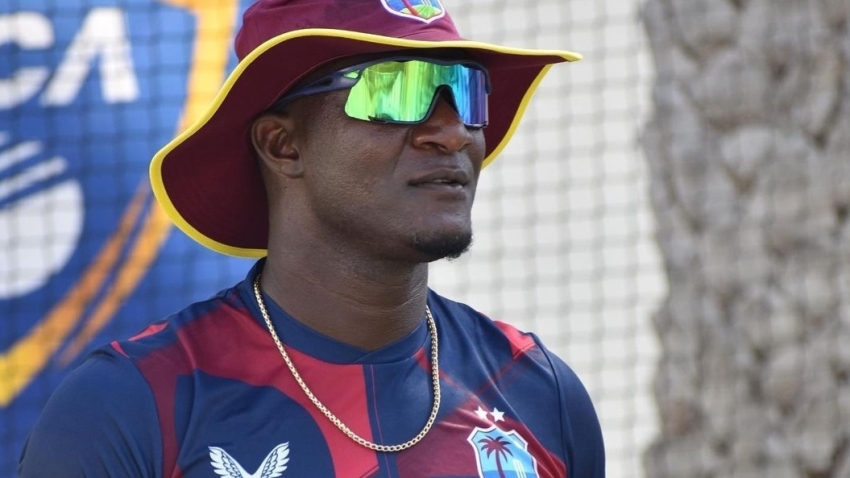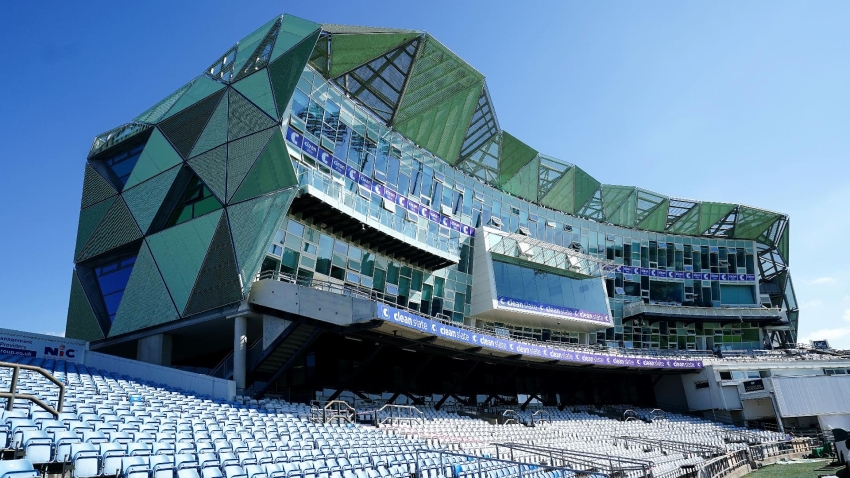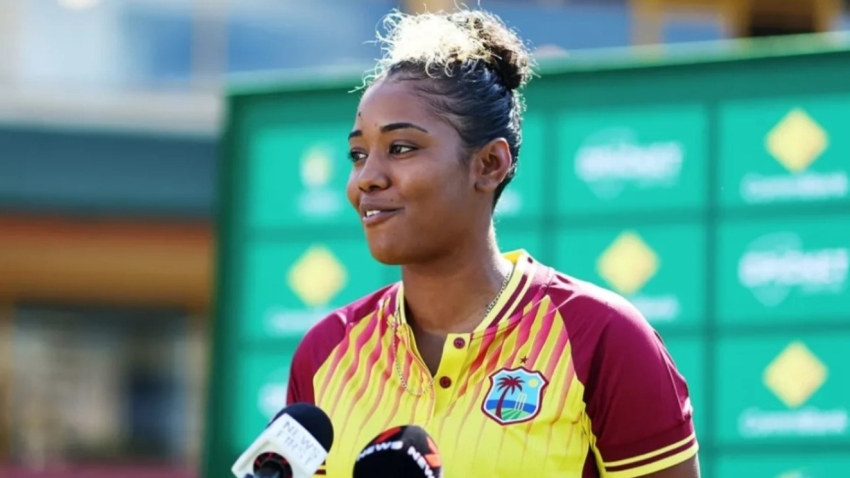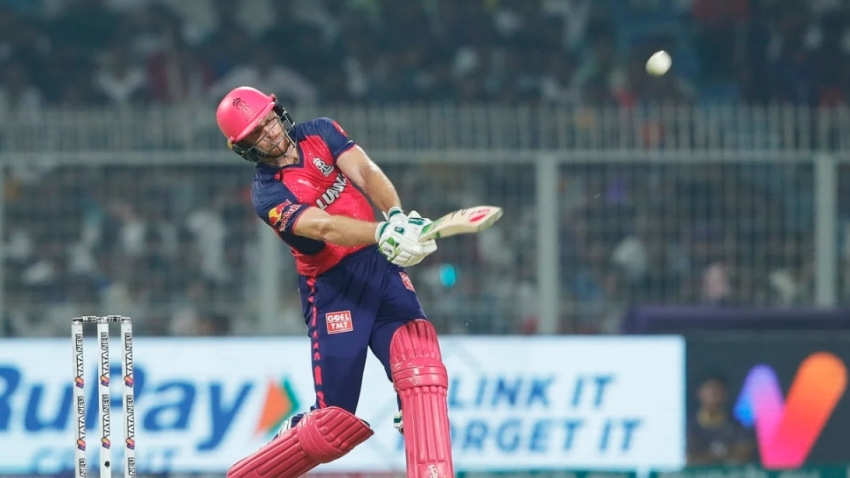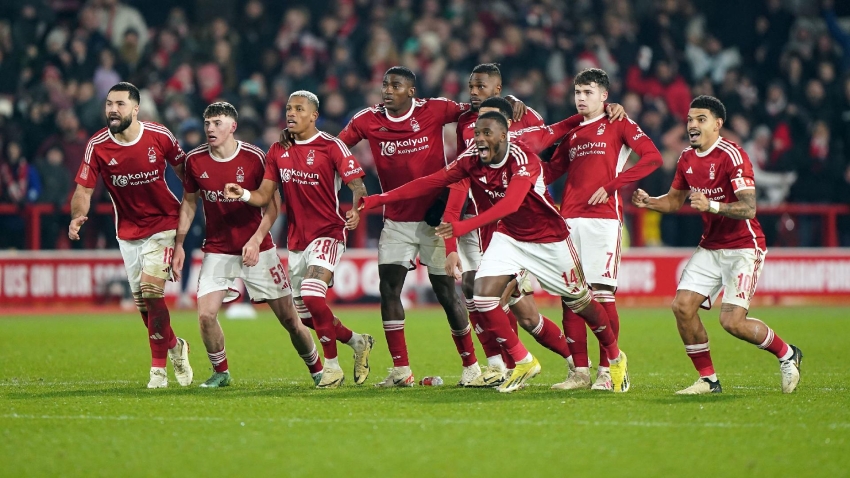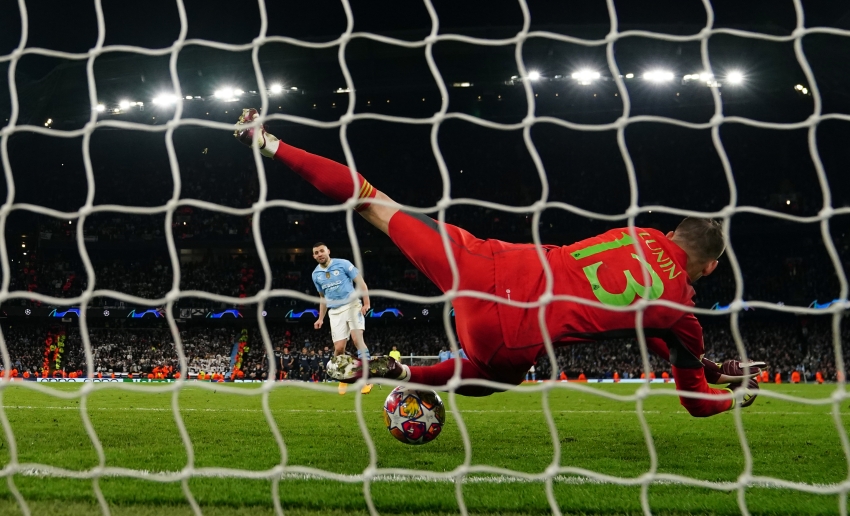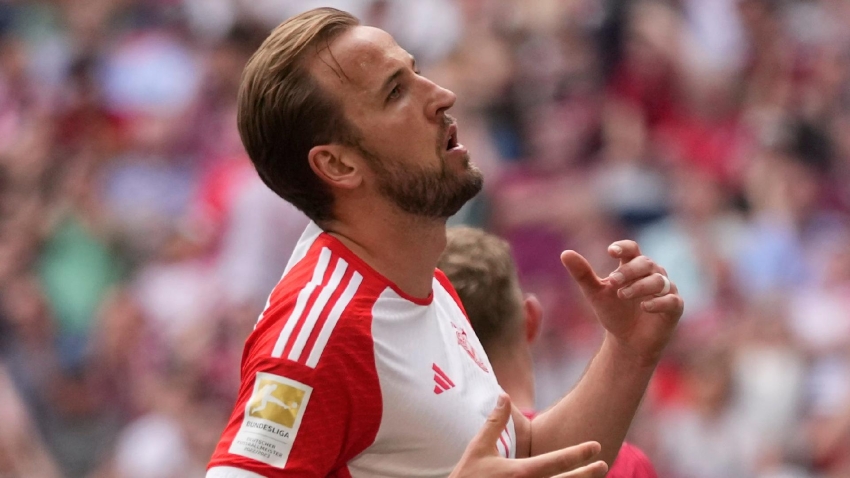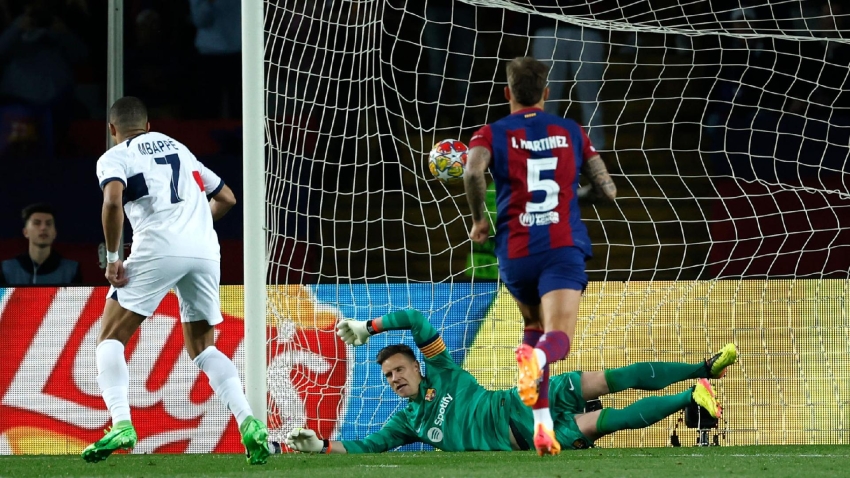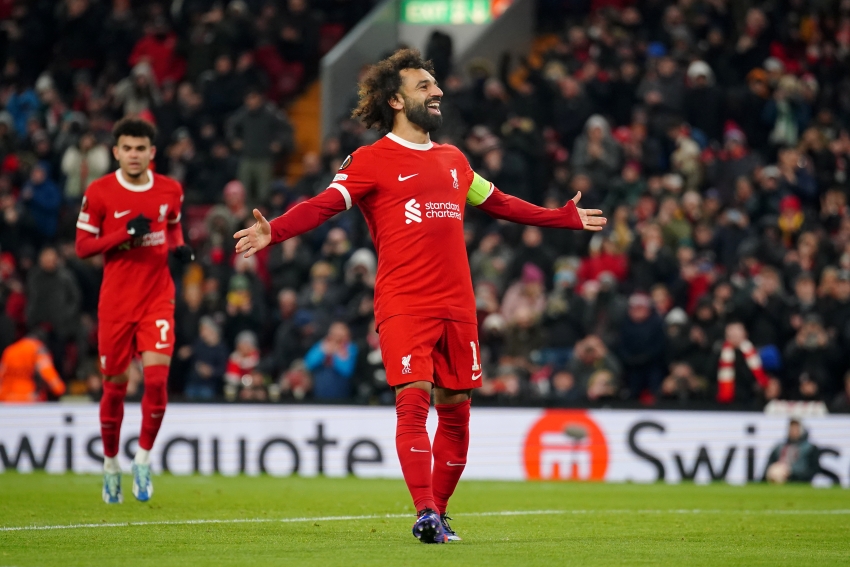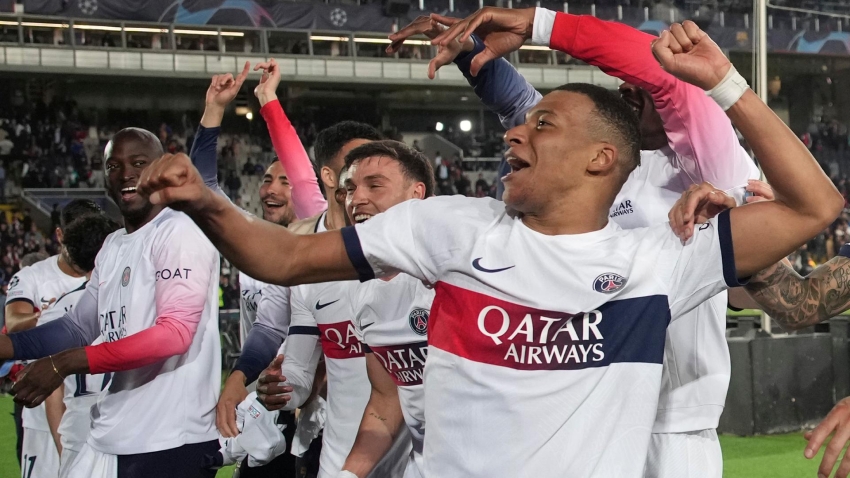It was billed as the title decider of all title deciders, a clash of titans to determine who would go on to win the Premier League, and yet at the end of 90 breathtaking minutes it remains as you were.
Manchester City, for all their attacking intent and brave play, could not find a killer knockout punch against Liverpool and so it will all come down to the final seven games and who can hold their nerve.
The Citizens have the advantage given they retain a one-point lead, but Pep Guardiola will feel his team deserved more, and Jurgen Klopp can still dream of a quadruple after what he described as a "wild" game.
As it turns out, fortune does not always necessarily favour the brave – though credit must also go to Liverpool for themselves contributing to another Premier League classic between these heavyweights.
It became clear an hour before kick-off that Guardiola would be true to his word: City had no intention of playing for a point in the biggest game of a thrilling campaign that had seen the chasers close the gap on the leaders from 14 points to just one heading into this showdown.
With Gabriel Jesus recalled for his first league start since New Year's Day in an attack that also included Raheem Sterling, Phil Foden, Kevin De Bruyne and Bernardo Silva, City were out for blood against a Liverpool side on a 10-game winning run in the competition.
For a manager now famed for over-thinking his team selection, this was a masterstroke from Guardiola. De Bruyne and Jesus were on the scoresheet, the latter ending a run of 37 shots without scoring in the competition, while Sterling had a goal ruled out for offside by VAR.
But the reward at the end of it all was only a point as Liverpool, who went with the line-up many had been expecting, twice hit back to ensure this enthralling title race has another chapter of drama still to come.
Five minutes was all it took for City's attacking approach to pay off. Moments after Sterling was denied by Alisson from close range, De Bruyne's long-range strike – via a telling deflection off Joel Matip – went in off the post to give the reigning champions lift-off.
That was the 10th goal City have scored in the opening 10 minutes of Premier League games this season, each of the last four netted by De Bruyne in the fifth minute – a remarkable quirk. The outcome when City have taken the lead, regardless of the minute, had always been the same: won 22, drawn none, lost none.
The title race was over, on that basis. Except of course it wasn't.
Diogo Jota's leveller eight minutes later, following brilliant interplay between full-backs Andy Robertson and Trent Alexander-Arnold, had Liverpool back on level terms in a match that lived up to its pre-match billing. Did you really expect anything else?
If the previous omens had been stacked in City's favour, now Liverpool had something similar to cling to given Jota had not lost in any of the previous 32 Premier League games in which he had scored. Make that 33 on a day when Klopp's own selection calls were justified by the final result.
Jota's record was under threat when City continued to probe with more intent than their rivals and regained the lead through Jesus, who got on the end of Joao Cancelo's pass in behind Alexander-Arnold and finished past Alisson.
Trailing in a Premier League game at half-time for the first time in exactly a year, when coming back to beat Aston Villa, Liverpool needed just 46 seconds of the second half to level through a Sadio Mane goal assisted by Mohamed Salah – the Egypt international's 159th Premier League goal involvement for the Reds, a tally only Steven Gerrard (212) can better.
It was the first time City had conceded in the first minute of the second half in a league game since November 2004 against Norwich City, though once again their response did not take long to arrive, albeit with Sterling's finish against his former club rightly ruled out for offside.
That attacking intent remained clear to see when Riyad Mahrez replaced Sterling, rather than a more cautious option being introduced, and the Algeria international twice went close to winning the game when clipping the post from a free-kick and chipping over both Alisson and the crossbar when through on goal from the final act of the game.
And so for all the to-ing and fro-ing, 2-2, and one point the gap between the sides, is how it remained come a full-time whistle that no neutral was ready to hear. A second meeting between these sides this season, a second four-goal thriller, and still there is next to nothing to separate perhaps the two greatest sides in world football.
It sets up a tense and intriguing final six weeks of the season and, the best of all, we get to do it all over again when the sides face off in an FA Cup semi-final next Saturday.
Unlike on this blockbuster day of Premier League football, there has to be a winner at Wembley.


